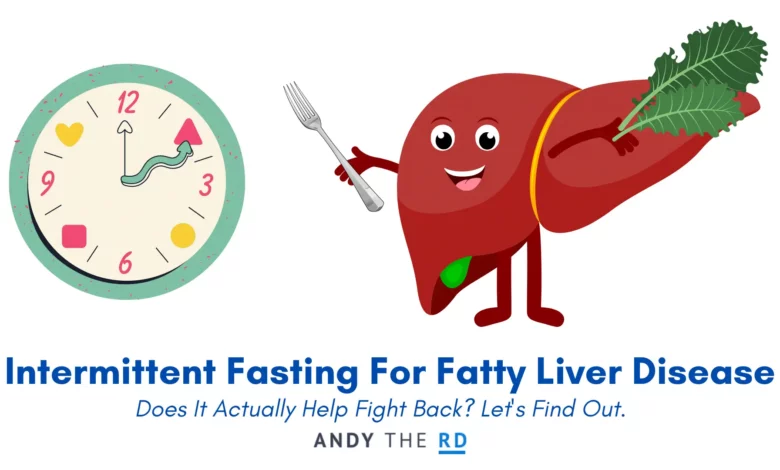
Nonalcoholic fatty liver disease (NAFLD) has become a growing public health concern, with obesity and unhealthy diets driving a rise in cases globally. This chronic condition can lead to serious complications like liver inflammation, cirrhosis, and even liver cancer. However, new research suggests that a simple dietary intervention may be key to interrupting this dangerous progression.
Scientists from the German Cancer Research Centre (DKFZ) and the University of Tübingen have found that intermittent fasting on a 5:2 schedule can effectively block the development of liver cancer in mice with pre-existing liver inflammation. The researchers identified two key proteins in liver cells that are responsible for the protective effects of fasting.
“The vicious circle of an unhealthy diet, obesity, liver inflammation, and liver cancer is associated with major restrictions and suffering for those affected and also represents a considerable burden on healthcare systems,” said Mathias Heikenwalder, lead researcher from DKFZ and the University of Tübingen. “We have therefore investigated whether simple dietary changes can specifically interrupt this fatal process.”
The study, published in Cell Metabolism, involved feeding mice a high-sugar, high-fat diet to induce NAFLD. One group of mice was allowed constant access to this unhealthy food. In contrast, another group underwent 5:2 intermittent fasting – two days per week with no food, followed by five days of unrestricted eating.
Despite consuming the same overall calorie intake, the intermittent fasting mice did not gain weight, showed fewer signs of liver disease, and had lower biomarkers indicating liver damage. Importantly, they were also resistant to the development of metabolic dysfunction-associated steatohepatitis (MASH), a severe form of liver inflammation that can progress to cancer.
Further analysis revealed that the protective effects of fasting were mediated by two key molecular players: the transcription factor PPARα and the enzyme PCK1. These proteins work together to increase fat breakdown and gluconeogenesis, inhibiting the buildup of harmful fats in the liver.
Remarkably, the researchers found the same molecular pattern – with reduced PPARα and PCK1 levels – in tissue samples from MASH patients, suggesting the findings are relevant to human disease. When they genetically switched off both proteins in the mice, intermittent fasting could no longer prevent chronic liver inflammation or fibrosis.
The researchers also explored whether a drug called pemafibrate, which mimics the effects of PPARα, could replicate the benefits of fasting. While the drug induced some favorable metabolic changes, it could only partially mimic the protective effects observed with the 5:2 diet.
“This is hardly surprising, as we can only influence one of the two key players with pemafibrate. Unfortunately, a drug that mimics the effects of PCK1 is not yet available,” Heikenwalder explained.
The team went on to investigate whether intermittent fasting could also help treat existing chronic liver inflammation in the mice. After four months of 5:2 fasting, the animals showed improved blood values, less fatty liver and inflammation, and crucially, they developed less liver cancer compared to the non-fasting control group.
“This shows us that 5:2 intermittent fasting has great potential—both in the prevention of MASH and liver cancer and in the treatment of established chronic liver inflammation,” Heikenwalder summarized. The promising results justify studies in patients to find out whether intermittent fasting protects against chronic liver inflammation as well as in the mouse model.”
While the 5:2 fasting regimen is relatively easy to integrate into daily life, the researchers acknowledge that some people may struggle to adhere to a strict dietary plan long-term. Therefore, they plan to continue investigating drug combinations that could fully replicate the protective effects observed with intermittent fasting.



